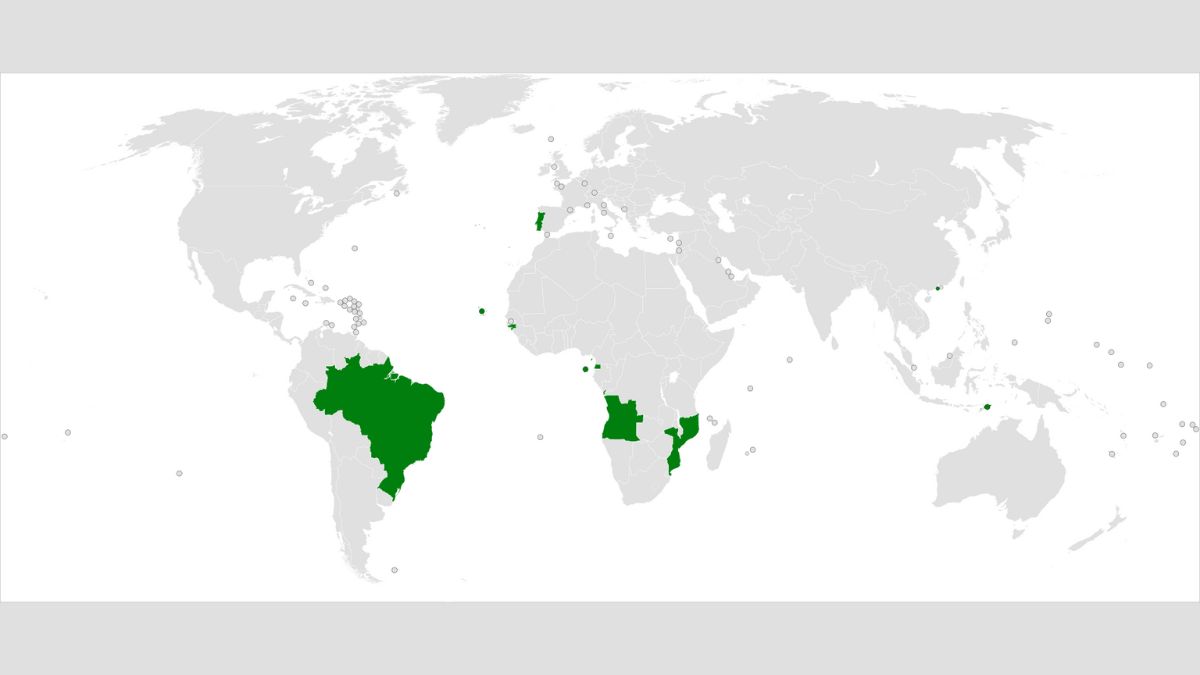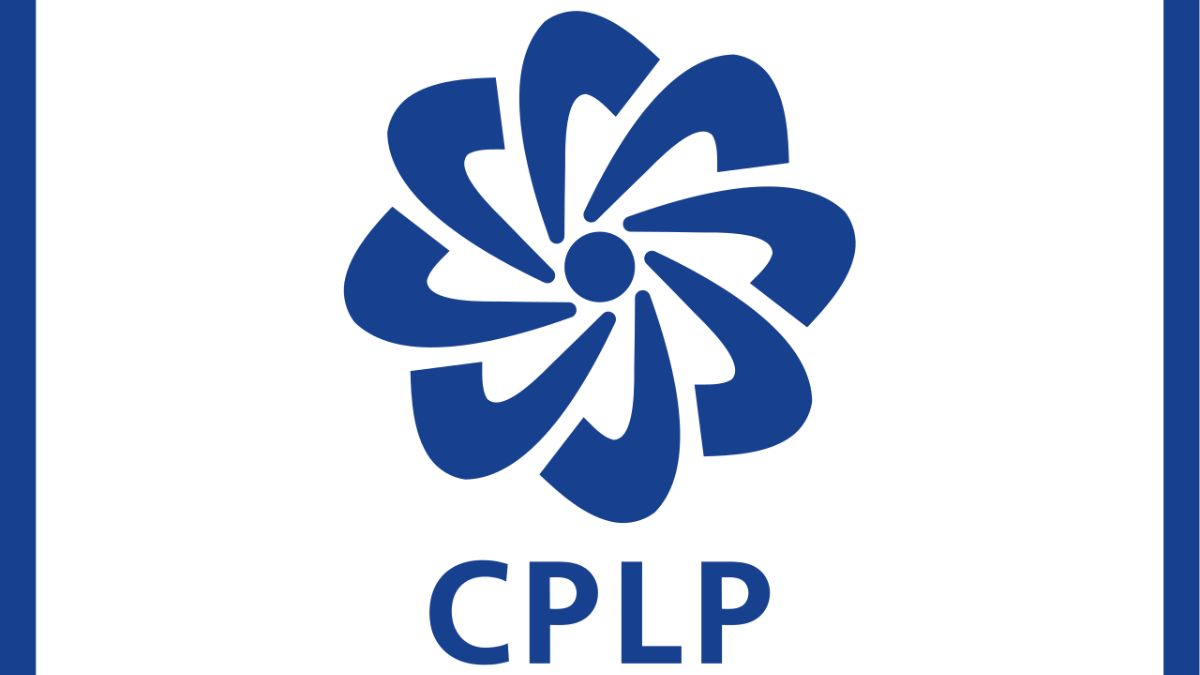In the 15th and 16th centuries, the Portuguese language surged as a Romance tongue, spreading its roots globally as Portugal forged the pioneering and most enduring colonial and commercial empire in the modern era (1415-1975). This linguistic conquest birthed Portuguese as the official tongue across numerous sovereign territories and regions, including Angola, Brazil, Cape Verde, East Timor, Guinea Bissau, Macau, Mozambique, Portugal, and São Tomé and Príncipe.

Ranked fifth globally in terms of native speakers, Portuguese commands a significant presence, both as a primary language and as a widely studied second tongue in countless nations. Boasting over 200 million native speakers, Portuguese stands as one of the select languages resonating across geographically diverse corners of the globe.
ALSO READ| How Many Languages Are There
Portuguese Speaking Countries and Territories as an Official Language
With its 184 million inhabitants, Brazil stands as the powerhouse of South America, representing approximately 51% of the continent's population. Consequently, Portuguese emerges as the dominant language across South America, echoing through the vibrant streets and diverse cultures of the region. Here is the list:
Sovereign states
1. Angola
2. Brazil
3. Cape Verde
4. Timor-Leste
5. Equatorial Guinea (co-official with Spanish and French)
6. Guinea-Bissau
7. Mozambique
8. Portugal
9. São Tomé and Príncipe
Territory
- Macau
As the 21st century unfolded, the Portuguese found new frontiers in Asia, spurred by the remarkable surge in speakers witnessed in East Timor over the past five years. Notably, Macau emerged as the epicentre of Portuguese learning in the Chinese sphere, a stark departure from its earlier decline in language usage. Today, the Portuguese experience a resurgence in Macau, propelled by the burgeoning opportunities it offers, fueled by deepening diplomatic and financial connections between China and Portuguese-speaking nations.
ALSO READ| List of Countries in The World
What Is The Lusophone Community?
The Community of Portuguese Language Countries (CPLP), also known as the Lusophone Community, stands as a significant international organisation and political alliance uniting Portuguese-speaking nations across five continents where Portuguese holds official status. Serving as a premier multilateral platform, the CPLP fosters cooperation among member states, encompassing governments, economies, non-governmental organisations, and citizens within the Lusophone sphere. Comprising nine member states and 33 associate observers scattered across Europe, South America, Asia, Africa, and Oceania, the CPLP encompasses a total of 38 countries and four organisations, solidifying its pivotal role in global affairs.

The CPLP traces its origins back to its founding in 1996, in Lisbon, marking a significant milestone nearly two decades after the onset of the Portuguese Empire's decolonisation. Angola, Brazil, Cabo Verde, Guinea Bissau, Mozambique, Portugal, and São Tomé and Príncipe came together as founding members, laying the foundation for a cooperative alliance. Subsequently, the CPLP expanded its reach with the accession of Timor-Leste in 2002 and the admission of Equatorial Guinea in 2014, further enriching its membership. Notably, Macau, a Special Administrative Region of China, Galicia, an Autonomous Community of Spain, and Uruguay express formal interest in full membership, while an additional 17 countries worldwide express formal interest in attaining associate observer status, reflecting the growing global interest and engagement with the Lusophone community.
ALSO READ| List Of Countries In America
ALSO READ| Most Dangerous Countries in the World
Comments
All Comments (0)
Join the conversation